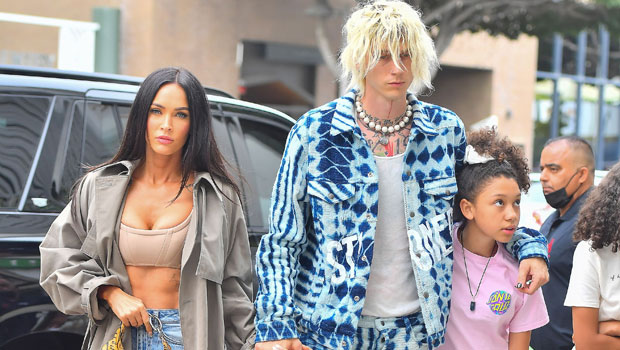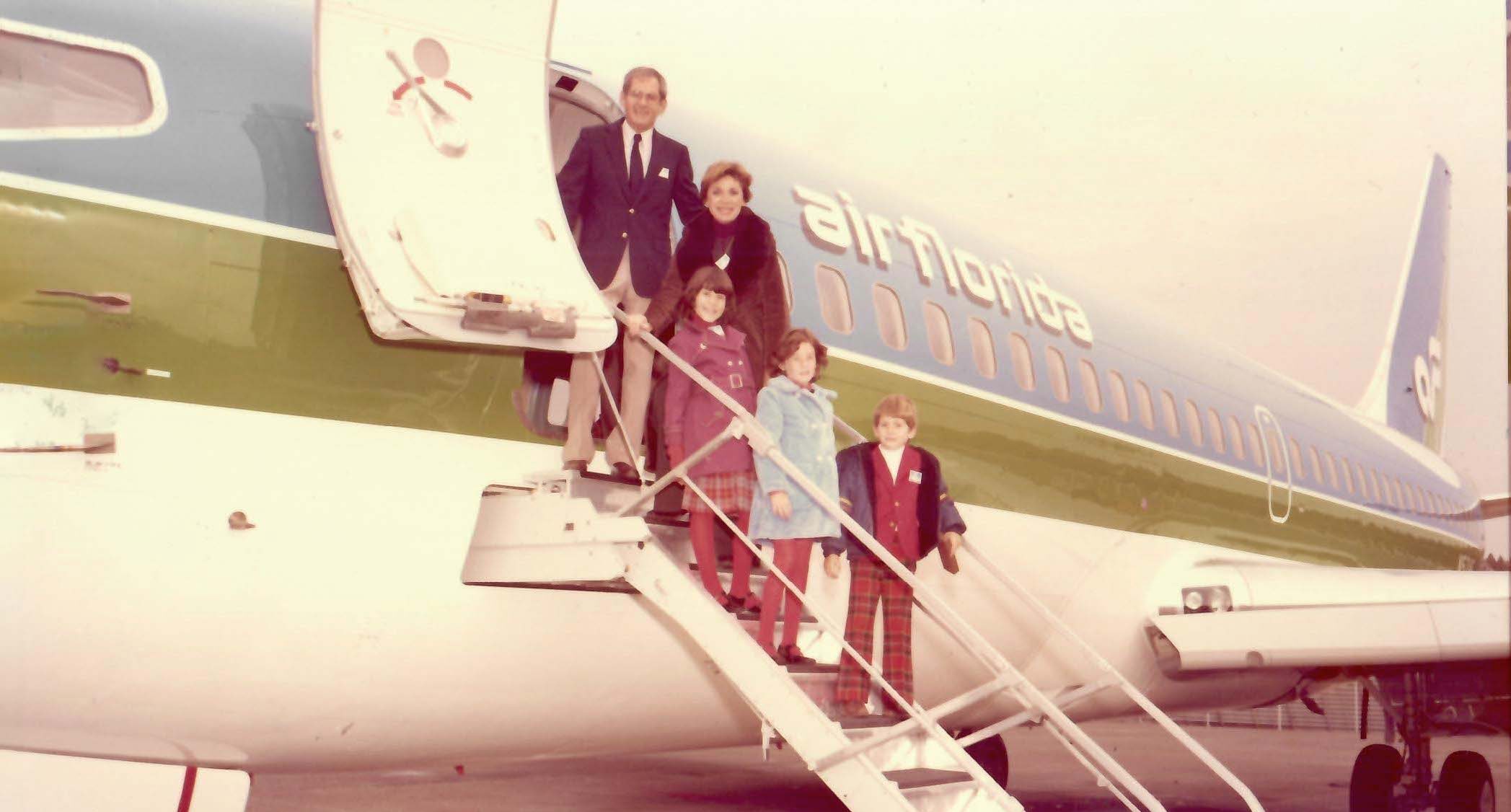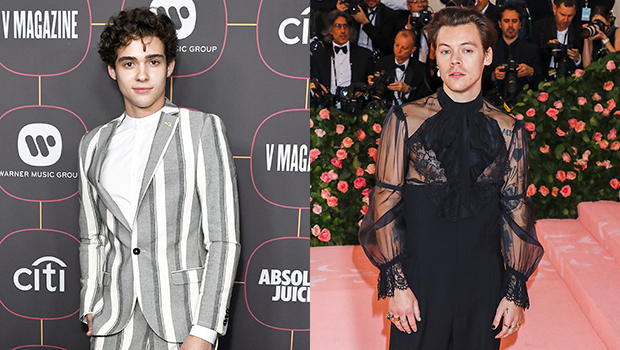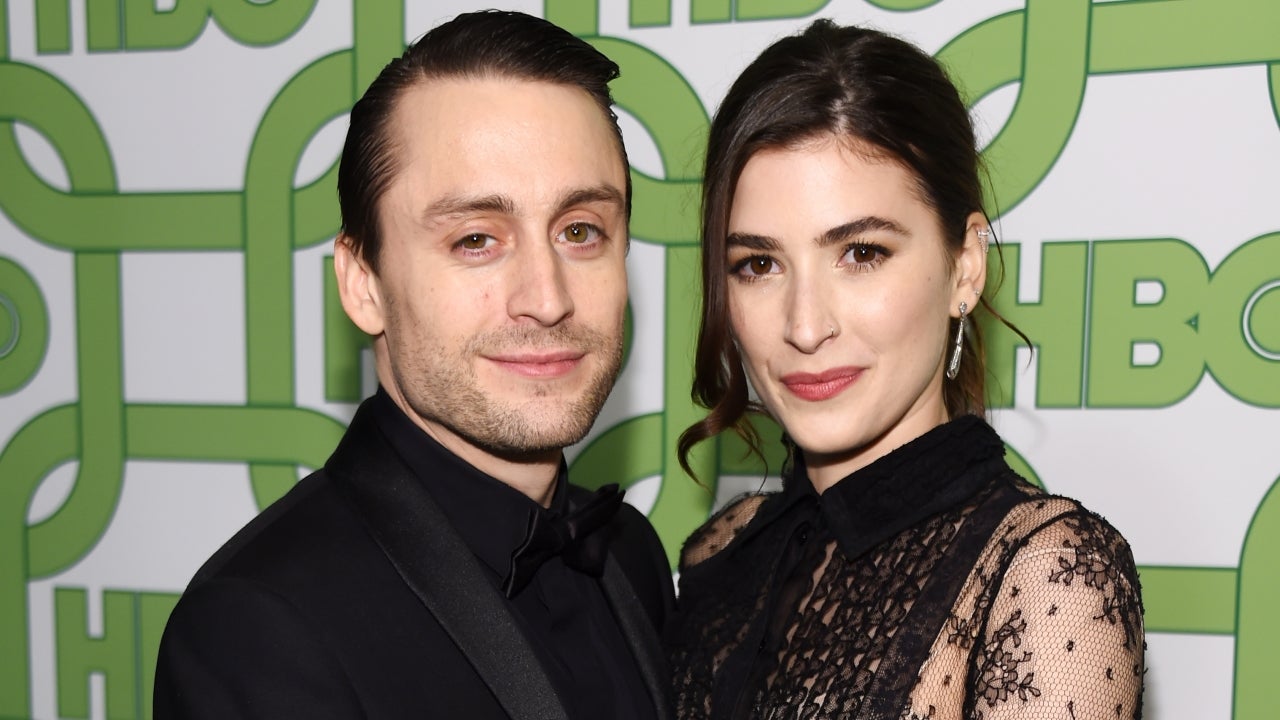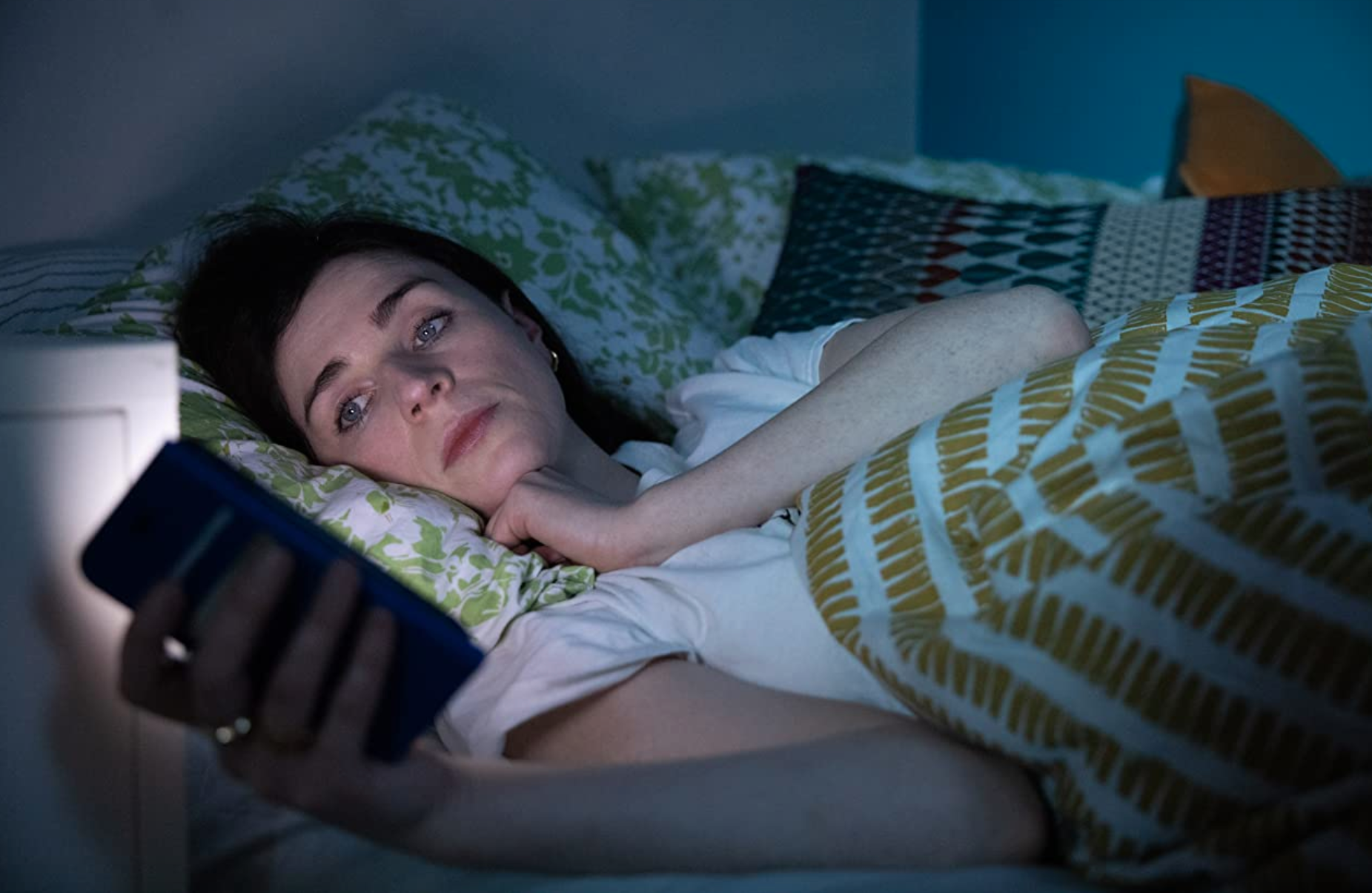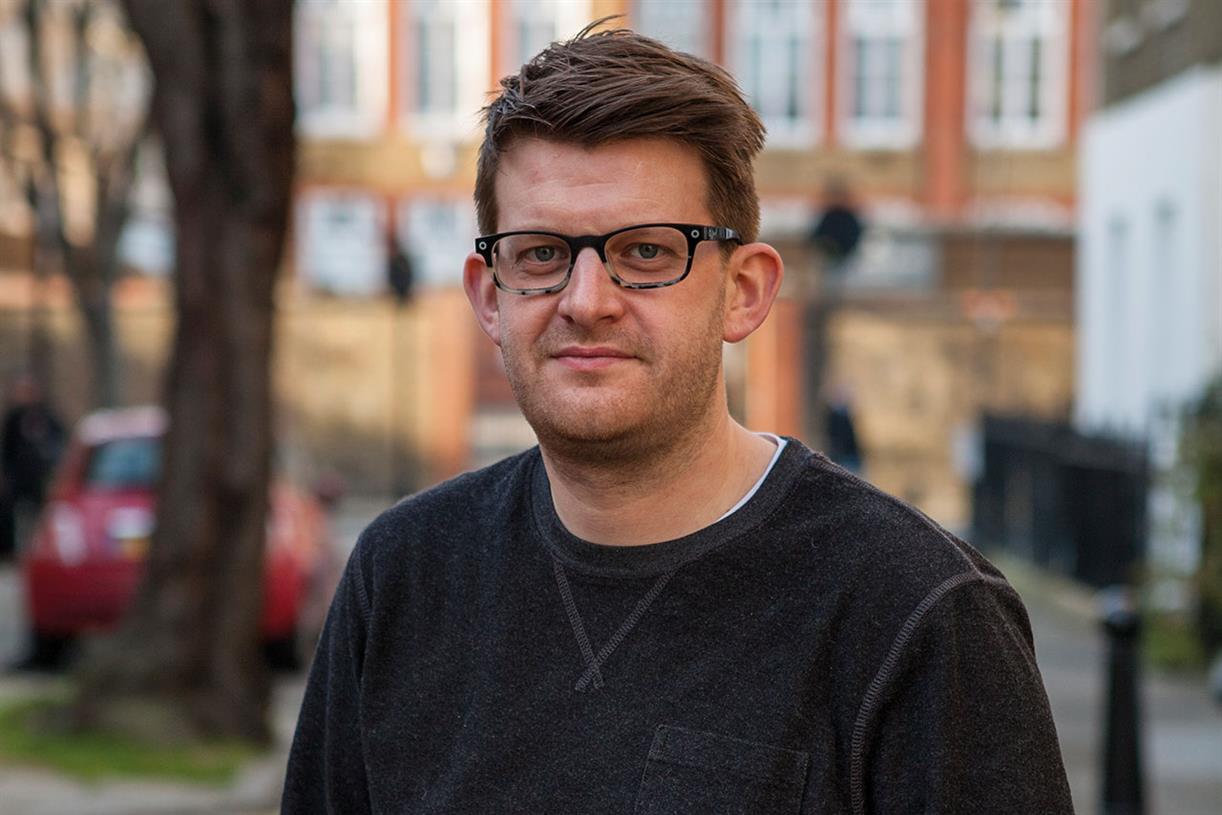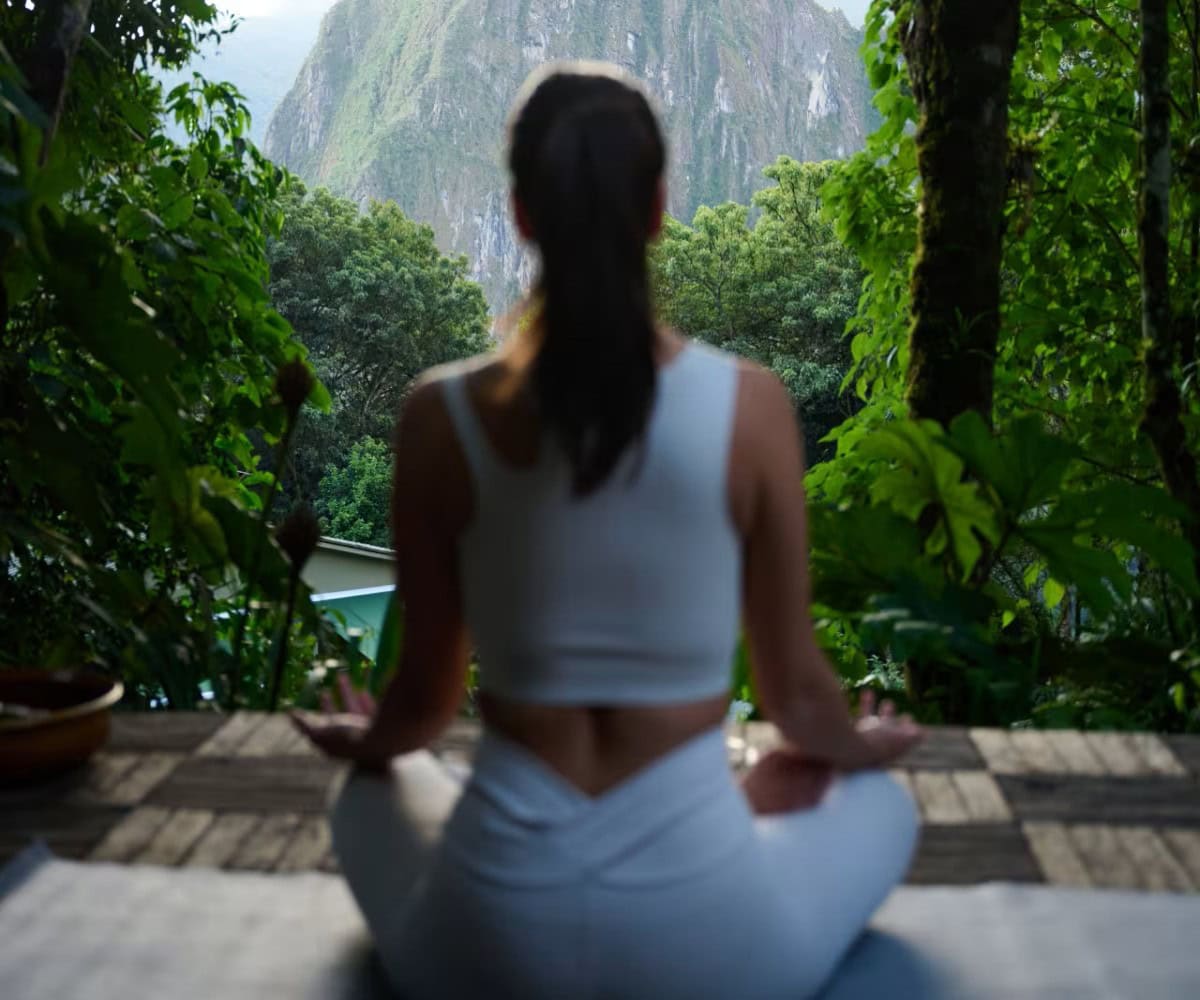Cannes 2022 Women Directors: Meet Charlotte Vandermeersch – “The Eight Mountains”
Charlotte Vandermeersch is an acclaimed Belgian stage and screen actress. She also sings and writes for film and theater. In 2011 she wrote a version of the screenplay of “The Broken Circle Breakdown” with her partner Felix van Groeningen....
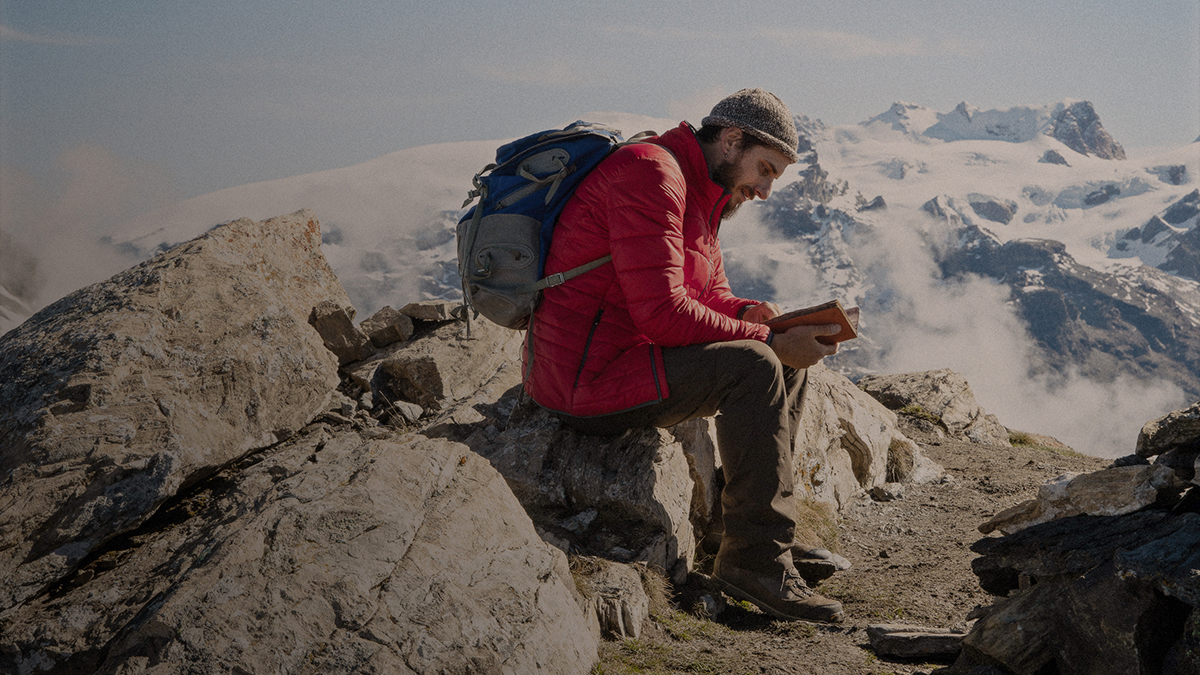
Charlotte Vandermeersch is an acclaimed Belgian stage and screen actress. She also sings and writes for film and theater. In 2011 she wrote a version of the screenplay of “The Broken Circle Breakdown” with her partner Felix van Groeningen. “The Eight Mountains” is her first film as co-director.
“The Eight Mountains” is screening at the 2022 Cannes Film Festival, which is taking place May 17-28. It is co-directed by van Groeningen.
W&H: Describe the film for us in your own words.
CV: It is a film about two boys who become great friends when they are 11. They spend their summers together in a forgotten corner of the Italian alps, where Bruno was born and raised, while Pietro’s visiting from the city. This is where their journey begins, as simple and complicated as life itself. We follow them through adolescence onto adulthood. They lose track of each other, only to find one another again as grown men, in a way that impacts them both every time they meet.
We all make different choices in life, and try to respect those of our friends — however difficult at times. To me, this is an epic story told in tiny gestures. Strong and fragile at the same time.
W&H: What drew you to this story?
CV: When Felix (van Groeningen, my partner and co-director) was offered this project, I also read the book and immediately felt drawn to this mix of “old” and “new” world that I know from my past, growing up in the countryside. I told him I felt very inspired to write a draft of the script with him — something we had long wanted to do again after having written a version of “The Broken Circle Breakdown” together.
The idea to co-direct came later, when joining forces for this film seemed to feel right.
W&H: What do you want people to think about after they watch the film?
CV: I hope they take a moment to be silent, to ponder in wonder about their own lives, value their own friendships and family, and see how beauty, love, and hardship always go hand in hand.
W&H: What was the biggest challenge in making the film?
CV: We had sets in Italy and Nepal varying from 200m to 4,000m and we wanted all four seasons in the movie, at different times. We were super weather dependent and directed in a language we had studied especially for this movie: Italian. (We are Dutch-speaking ourselves.)
W&H: How did you get your film funded? Share some insights into how you got the film made.
CV: This film is based upon a book that won the biggest literary award in Italy, but as one of the producers studied together with the author, he got the rights even before the book got famous. Wildside, part of Fremantle, was eager to do something special with it. They offered it to Felix — whose work they loved — and really respected his view on things. They welcomed me as part of the team and supported the entire process in an incredible way. We can only be thankful for their confidence and support. It became a Belgian (our own Rufus Films and Menuet), French (Pyramide Productions), and Italian co-production, but the Italians really cleared the way.
W&H: What inspired you to become a filmmaker?
CV: The story, my past, my creative bond with Felix. I had no idea I would be a filmmaker. I am an actress, I sing, I write, I make theater, and I’m always curious. It felt like the right creative venture at the right time.
W&H: What’s the best and worst advice you’ve received?
CV: Best advice: “Own it. You are here, this didn’t come out of nowhere. Own it.”
Worst advice: “If you don’t know, move over.” Not knowing what to say or do is as much part of any process as knowing what to do; people bluff all the time.
W&H: What advice do you have for other women directors?
CV: My experience is that women should surround themselves with people they don’t need to explain things to in a literal way, but with people who feel them. Fewer words, greater understanding.
W&H: Name your favorite woman-directed film and why.
CV: I love Jane Campion’s “The Piano,” which won the Palme d’Or in 1993. I was a young teenager. In a time when this was not evident at all, the beginning of the ’90s, she opened up a world unknown to me. I watched the film together with my mother, who jumped on top of me at [certain] times, when things got too intimate. But I remember us both being mesmerized by the sensuality of this film. We had never seen this kind of earthy, feminine strength and tenderness portrayed before — I believe my mother had almost forgotten she had this inside of her, and I was about to discover it. For years after that, I played Michael Nyman’s melodies on the piano. My fingers still remember them.
W&H: How are you adjusting to life during the COVID-19 pandemic? Are you keeping creative, and if so, how?
CV: This film really saved me during the pandemic, as it covered the whole period — from the start until now. I had to cancel some jobs to be able to work full-time on the film, but those jobs often suffered from the consequences of the pandemic.
W&H: The film industry has a long history of underrepresenting people of color onscreen and behind the scenes and reinforcing — and creating — negative stereotypes. What actions do you think need to be taken to make it more inclusive?
CV: The more people are supported to develop themselves creatively, to write and take the lead in projects, the more they will be able to bring their stories to the world in a personal, yet universal, way. Let’s give filmmakers and crew members of color abundant opportunities to work, and their talent will do the rest.

 MikeTyes
MikeTyes 








